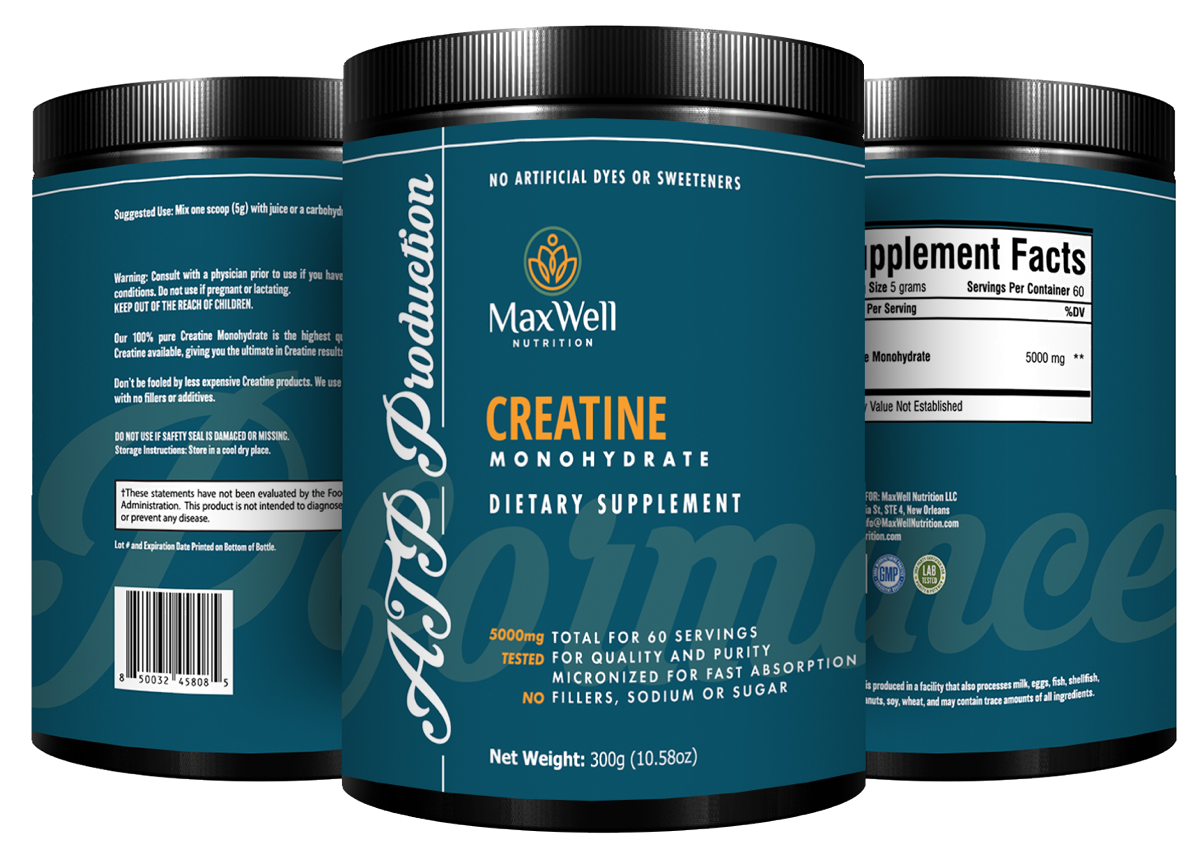The Wall Street Journal recently reported on a story—The Fasting Cure is No Fad—which sites new research showing the profound benefits for weight control, longevity, and fighting disease by eating during limited hours.
Called intermittent fasting or time-restricted eating, this concept is now helping patients with an array of chronic conditions—diabetes, high blood pressure, rheumatism, and bowel diseases, as well as, pain syndromes, such as migraines and osteoarthritis, according to Andreas Michalsen, MD, professor at Berlin’s Charite University Medical Center in Germany.
Michalsen, who is the author of “The Nature Cure: A Doctor’s Guide to the Science of Natural Medicine (Viking Press, August 2019) advises patients, “to omit either dinner or breakfast, so that they don’t ingest any food for at least 14 hours at a stretch.”
The German physician comments that intermittent fasting limits the time the body spends processing food and lengthens the time devoted to internal house cleaning—cleansing and restoring the body’s cells—yielding positive health benefits.
“If you sleep from 11pm to 7 am,” notes Michalsen, “you have already fasted for eight hours, Now, you only need another six.” Most people benefit from curtailing food intake late in the evening—allowing your body to expend stored food energy during a time, when the metabolic rate is slowing down.
Breakfast, notes the German professor, can be limited to coffee or tea—with the option of a small piece of fruit, while lunch, the first solid meal, comes at roughly 14 hours into the partial fast—allowing for you to, “eat until you are full.”:
Michalsen sites a 2016 United Kingdom study appearing in the American Journal of Clinic Nutrition, which, “showed that among 69 women, those who consumed most of their calories at lunch shed 3.3 pounds more in 12 weeks than those who ate a bigger dinner.”
It has to do with the body’s metabolic rate at mid-day being higher—keeping the body temperature up—permitting less energy being stored as fat.
In another study at the University of Padua, Michalsen notes that, “young, healthy athletes fasting for 16 hours benefitted from metabolic changes over eight weeks compared with their peers”—lowering levels of inflammatory factors in their blood that accelerate the aging process , including insulin, which potentially increases fat storage.
Michalsen defines fasting, “as a conscious renunciation, a controlled exercise in deprivation,” which is why many people shy away from this practice. However, timed-restricted eating provides the end user with a viable option to pick the eating window that best suits their lifestyle and time commitments.











